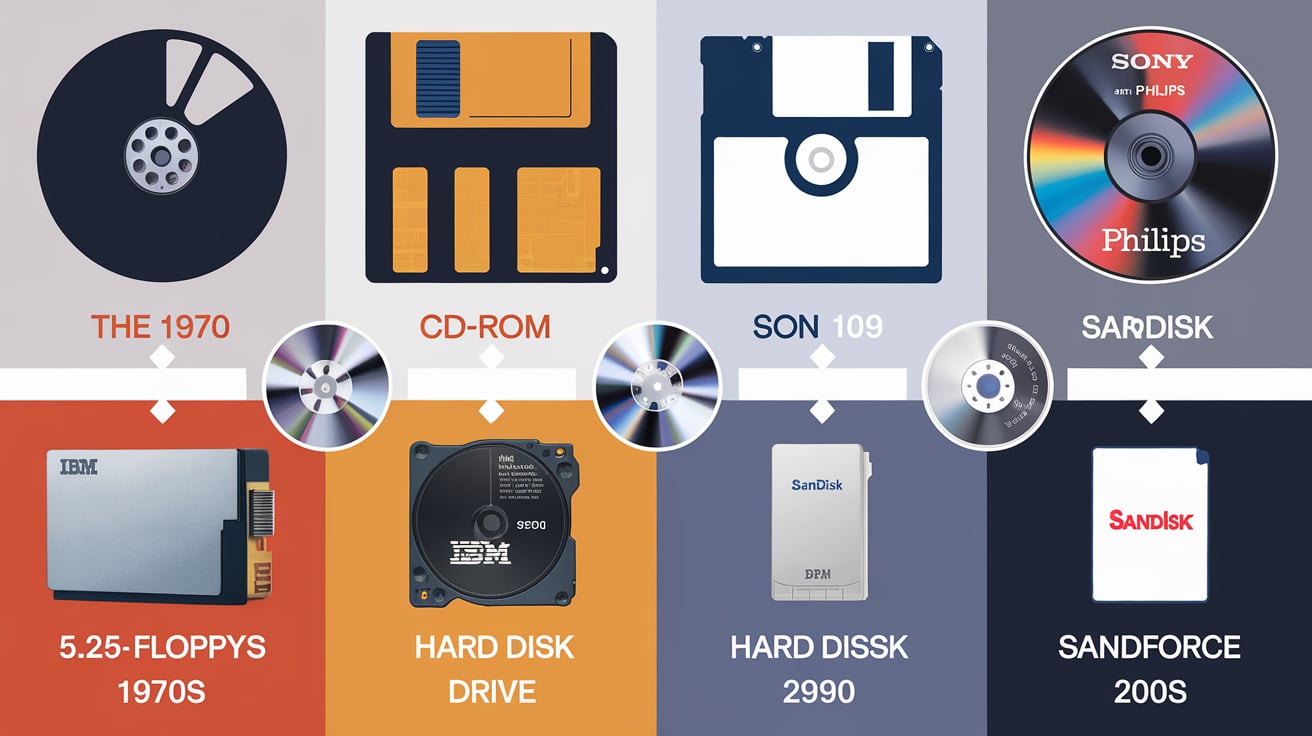IBM, or International Business Machines Corporation, is a giant in the tech world. Known for its innovative technologies and solutions, IBM has been a critical player in areas like cloud computing, artificial intelligence, and blockchain. With the rapid rise of fintech, many investors are curious about how IBM fits into this new landscape. The keyword “FintechZoom IBM stock” highlights the connection between IBM and the booming fintech industry, making it a popular topic for those interested in investing.
This article will explore IBM’s stock performance, its involvement in the fintech sector, and what investors should consider before making decisions. Whether you’re a seasoned investor or just starting, understanding the dynamics of IBM’s stock can help you navigate the exciting world of fintech.
IBM’s Journey in Technology
IBM has a long history dating back to 1911. Initially known as the Bundy Manufacturing Company, it changed its name to International Business Machines in 1924. Over the decades, IBM has been at the forefront of many technological innovations. IBM has continually evolved from developing the first hard drive to creating advanced AI systems.
The company has recently focused on cloud computing and artificial intelligence. These sectors are crucial in the fintech industry, where speed and efficiency are vital. Fintech companies rely heavily on data analytics, machine learning, and secure cloud infrastructure, areas where IBM excels.
Fintech and IBM: A Growing Relationship
Fintech, or financial technology, uses technology to improve and automate financial services. This industry has exploded in popularity, with startups and established companies seeking innovative solutions to streamline financial processes. IBM has recognized this trend and has actively pursued partnerships with fintech firms.
For instance, IBM’s Watson, an AI system, has been used in various fintech applications. Companies leverage Watson to analyze large datasets, improve customer service through chatbots, and detect fraud. This integration of AI into financial services showcases how IBM contributes to the fintech ecosystem.
IBM Stock Performance
When discussing “FintechZoom IBM stock,” it’s essential to look at how IBM’s stock has performed over time. Like any publicly traded company, IBM’s stock price fluctuates based on market conditions, company performance, and investor sentiment.
In recent years, IBM’s stock has seen ups and downs. The company faced challenges, including competition from other tech giants like Microsoft and Amazon. However, its shift toward cloud computing has shown promise. Investors have begun to take notice, leading to increased interest in IBM’s stock.
As of now, analysts are cautiously optimistic about IBM’s future. Many believe that as the demand for cloud services and AI grows, IBM is well-positioned to benefit. However, investors must conduct thorough research and consider multiple factors before investing in IBM stock.
Factors Influencing IBM Stock Prices
Several factors influence the price of IBM’s stock. One of the most significant is its earnings reports. These reports provide insight into the company’s financial health and can impact investor confidence. If IBM reports strong earnings, the stock price may rise. Conversely, weak earnings can lead to a decline in stock value.
Market trends also play a vital role. The tech industry is known for its rapid changes; investors must keep up with these trends. For example, the rise of artificial intelligence and machine learning has created new opportunities for companies like IBM. Investors who recognize these trends early can benefit from investing in IBM stock.
Additionally, global economic conditions can affect IBM’s stock price. A strong economy typically leads to increased spending on technology, benefiting IBM. However, economic downturns can have the opposite effect, leading to cautious expenditures by businesses and consumers alike.
Why Invest in IBM Stock?
Investing in IBM stock can be an attractive option for several reasons. First, IBM has a strong brand reputation and a long history of innovation. This stability can be reassuring for investors seeking a reliable company.
Second, IBM’s focus on emerging technologies, such as cloud computing and AI, positions it well for future growth. As fintech expands, IBM’s products and services can provide a competitive advantage in this space.
Moreover, IBM has a history of paying dividends to its shareholders. Dividends can provide a steady income stream for investors, making IBM stock appealing to those seeking growth and income.
Risks to Consider
While many reasons exist for investing in IBM stock, risks are also involved. The technology sector is highly competitive, and IBM faces challenges from other companies. If it cannot keep pace with innovation, its market share may decline, impacting stock performance.
Additionally, the success of IBM’s fintech initiatives is not guaranteed. The fintech landscape is ever-changing, and new players constantly emerge. IBM must adapt to these changes to remain relevant and profitable.
Investors should also be aware of broader economic risks. Economic downturns can impact technology spending, negatively affecting IBM’s revenue and stock price.
Conclusion
In conclusion, understanding “FintechZoom IBM stock” involves exploring IBM’s rich history, its current position in the fintech industry, and the factors influencing its stock performance. IBM has established itself as a key player in technology, with a focus on cloud computing and AI that aligns well with fintech trends.
While investing in IBM stock offers potential benefits, it is essential to consider the risks involved. Conducting thorough research and staying informed about market conditions is crucial as with any investment. Whether looking for long-term growth or a steady income through dividends, IBM stock can be an option worth considering in your investment strategy.










